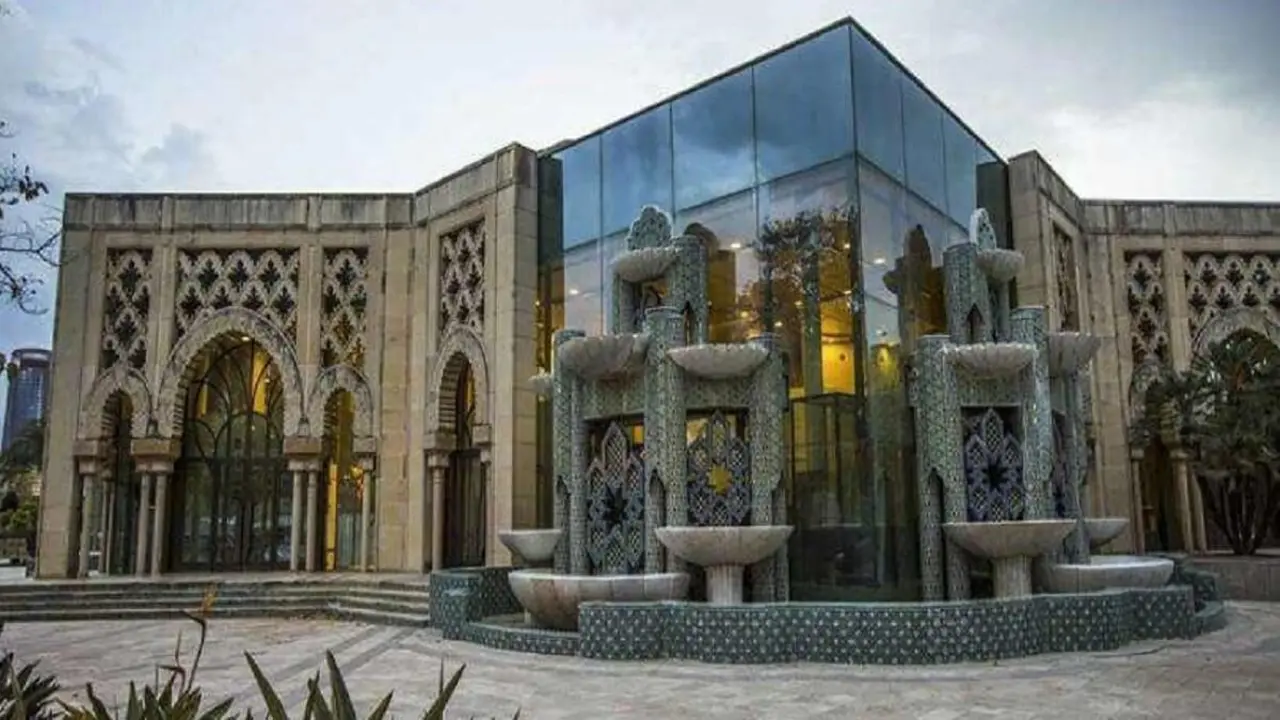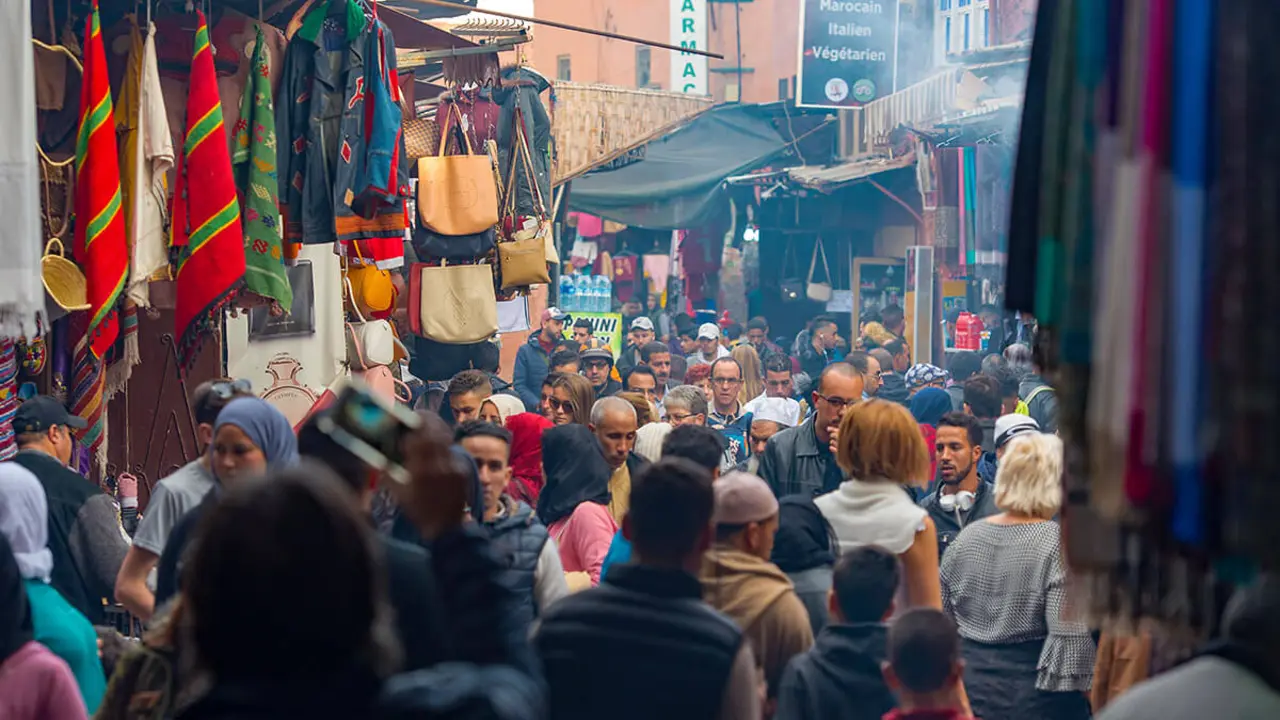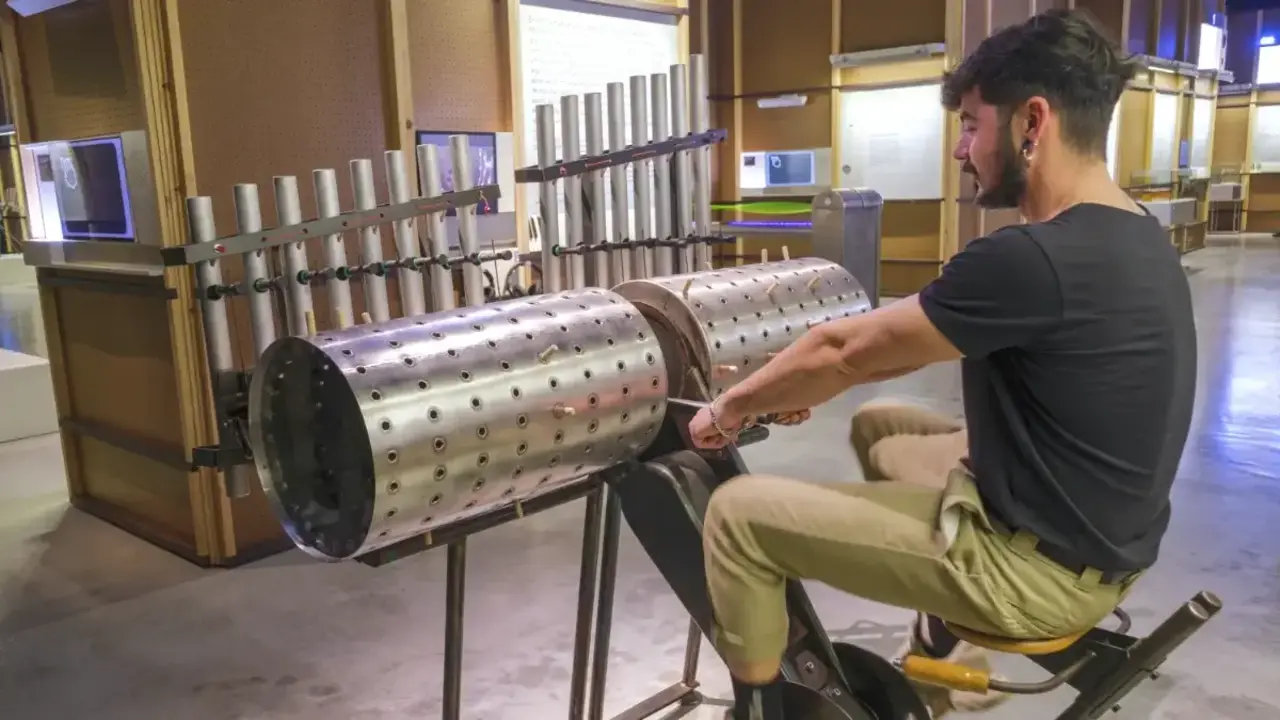When will concerts and music festivals return to the old normal?
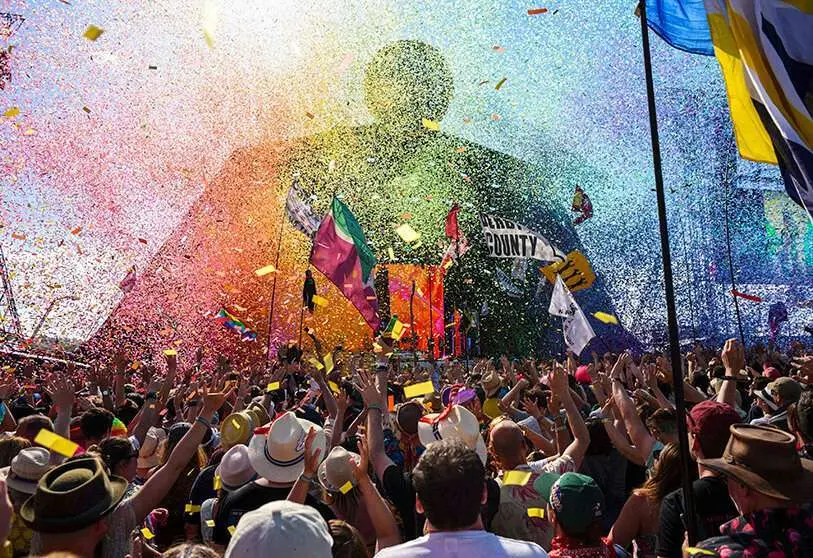
While 2021 may have started out with high expectations that concerts and festivals would return as we knew them before the pandemic, or as close to it as possible, the course of the year has trampled those high expectations underfoot. Uncertainty continues to define this sector, one of the hardest hit by the health crisis.
When the massive cancellations and postponements of COVID-19 concerts began in early March 2020, we thought it would soon be over and we would be back to normal in a few months. However, now in the middle of the first half of 2021, we can see that even postponed concerts and festivals have turned into cancellations.

Experiments are being carried out at concerts such as the one in Barcelona where the capacity was reduced to 30%, with a mandatory use of an approved mask and constant ventilation to guarantee CO2 levels equivalent to an open-air space. In addition, all attendees were tested for antigens just before entering the event.
These studies show that concerts and cultural events can be held safely, but many festival organisers hope that vaccination will make people feel comfortable enough to attend large gatherings this year, in a decidedly non-socially distanced manner.
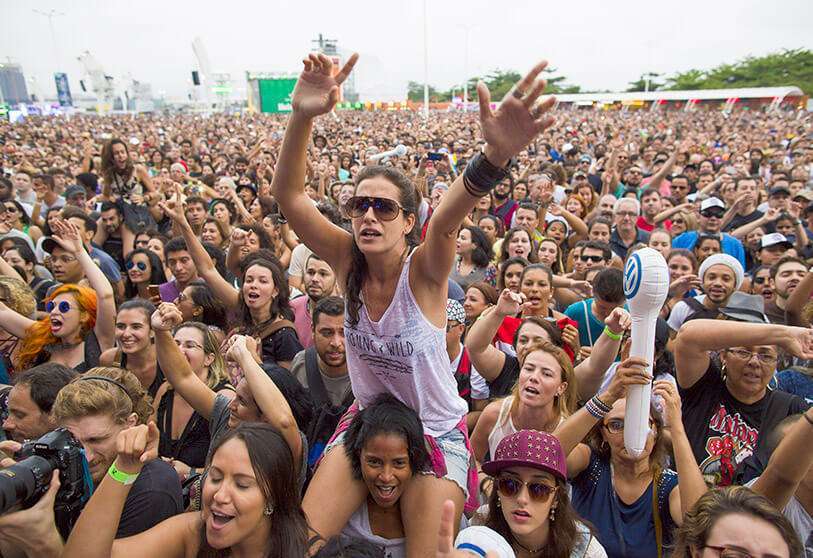
In February, Anthony Fauci, a leading US epidemiologist, estimated that a return to normalcy is expected by 2022, a forecast that earlier this year pointed to a return between September and October this year. Thus demonstrating that hope cannot be pinned on this year's concerts and festivals, as the United States, in addition to being one of the countries with the most important international music festivals, is one of the most advanced countries in terms of vaccination.
The vaccine is the hope of all organisers of cultural events, as well as that of the audience, who, even if they remain in the background, have also been affected by the pandemic. Many concerts have been postponed or cancelled, and ticket refunds have been complicated by long delays.
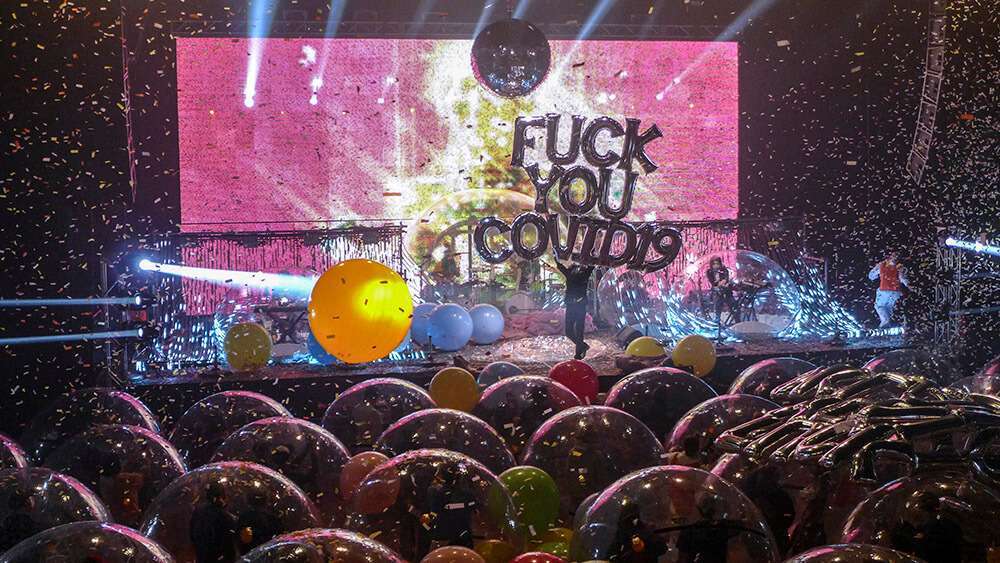
Epidemiological experts say that 70-90% of the population will need to be vaccinated to achieve herd immunity. Despite this, the use of masks and social distance will be recommended to avoid new peaks of the virus, which has mutated into different variants that affect the effectiveness of the vaccines themselves. They warn that the vaccines may prevent people from becoming seriously ill and reduce deaths, but they do not guarantee that they will completely eliminate the risk of infection.
Some music giants such as the Glastonbury festival had to cancel its 50th anniversary in 2020 at the height of the pandemic. This year, which was to celebrate 51 years, they announced their cancellation at the end of January.
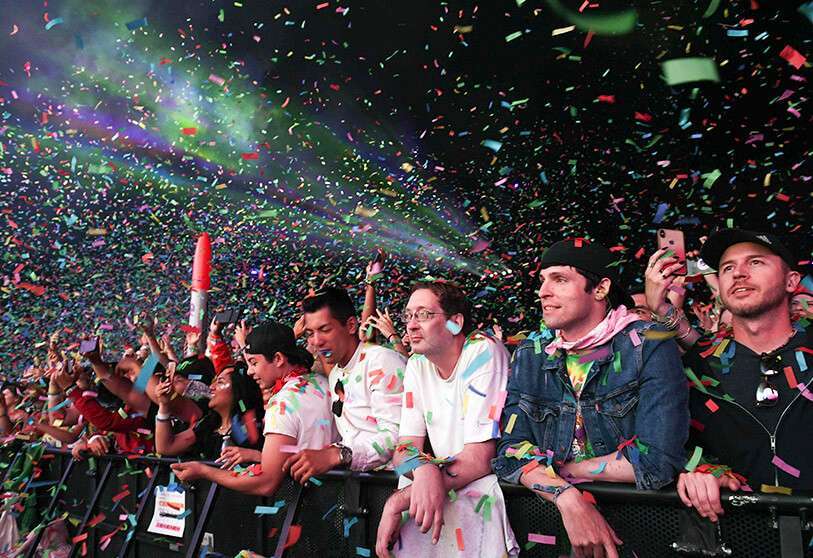
Michael and Emily Eavis, organisers of the event, said in a statement on Twitter that "in spite of our efforts to move Heaven & Earth, it has become clear that we simply will not be able to make the Festival happen this year."
The iconic three-day festival has attracted more than 200,000 spectators in the UK every summer since 1970. In 2020 it had a very attractive line-up, like all previous years, which included Kendrick Lamar, Paul McCartney and Taylor Swift.

The latter was also on the line-up of the Mad Cool Festival, which has been held since 2017 in the Spanish capital in summer. Although the Madrid festival is still on this year, attendees live with the uncertainty of whether it will take place or if it will be transformed into an online concert.
California's famed Coachella Valley Music and Arts Festival, founded in 1999, postponed last year's dates to later in the year, but its 21st edition had to be cancelled due to the pandemic. However, Riverside County public health officials have concluded with hopes that it can be held this year.
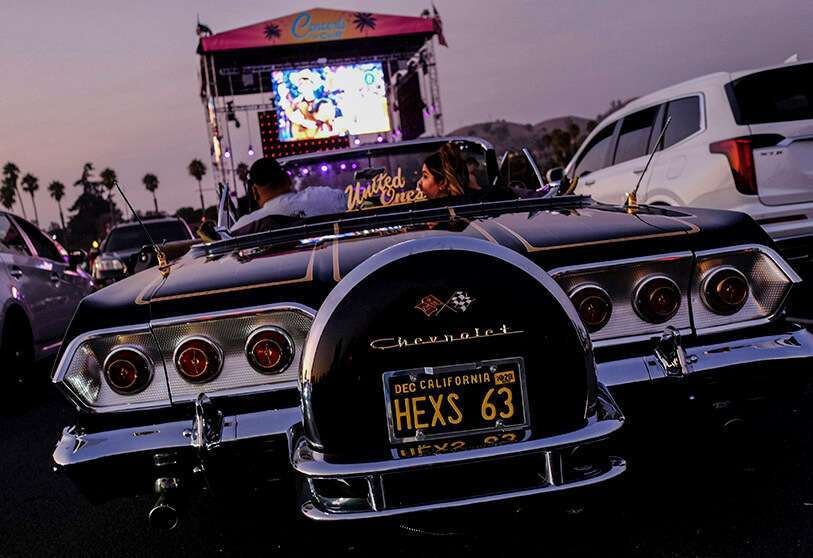
Organisers announced in a statement that the Coachella Valley Music and Arts Festival and Stagecoach Country Music Festival currently scheduled for April 2021 are cancelled. This order is issued as a result of the global epidemic of the disease COVID-19, also known as the new coronavirus, which has infected more than 100 million individuals worldwide in 192 countries and is implicated in more than two million deaths worldwide as of this order. Riverside County has 266,849 confirmed cases and about 3,000 deaths.
The Coachella festival is attended by an average of 750,000 people over its two weekends. With that volume of attendees, the health of many people would be at risk despite the speed at which the United States is vaccinating its citizens.
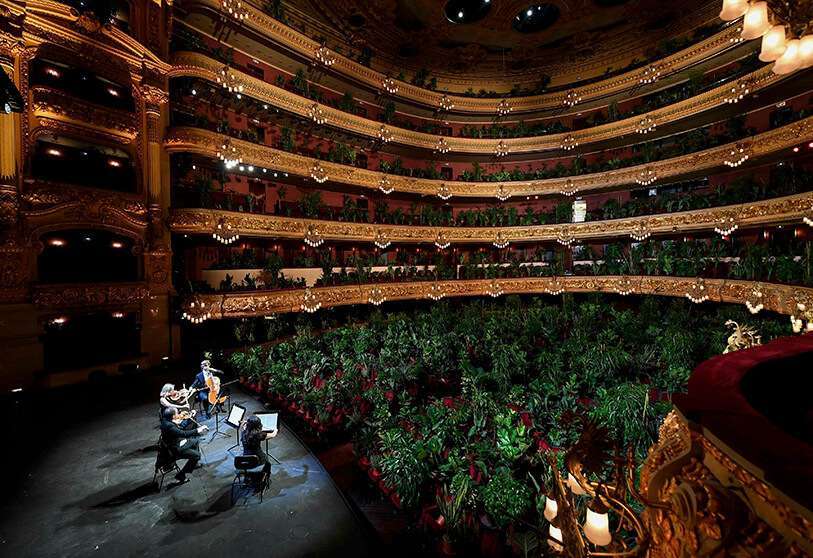
In the south of the American continent, Rock in Rio in Brazil is scheduled for 24, 25, 26 and 30 September, and 1, 2, 3 October. Of all those days, the festival organisers have only announced artists for one, the Metal Day on 24 September, which would feature Iron Maiden, Dream Theater, Megadeth, Sepultura and the Brazilian Symphony Orchestra on its main stage and Living Color ft Steve Vai on the sunset stage.
However, rumours of a possible cancellation have been rumoured and festival organisers have been forced to deny the rumours. In the statement, Rock in Rio organisers say they are "very hopeful and confident" and that they are "looking forward to the progress of the vaccines and confident that the festival can go ahead". They add that "we will manufacture many masks, distribute alcohol gel and follow the protocols".
The concerts in turn are being made as safe as possible by reducing the capacity of the venues, maintaining social distance and taking all possible safety measures. Music, like all other sectors, cannot be left to die either, and experts point out that alternatives must be sought so that this does not happen.
The hope that the new normal will disappear and that life as we knew it before will return is growing as global vaccination progresses. 2022 will probably be the year of the return to the old normal.



